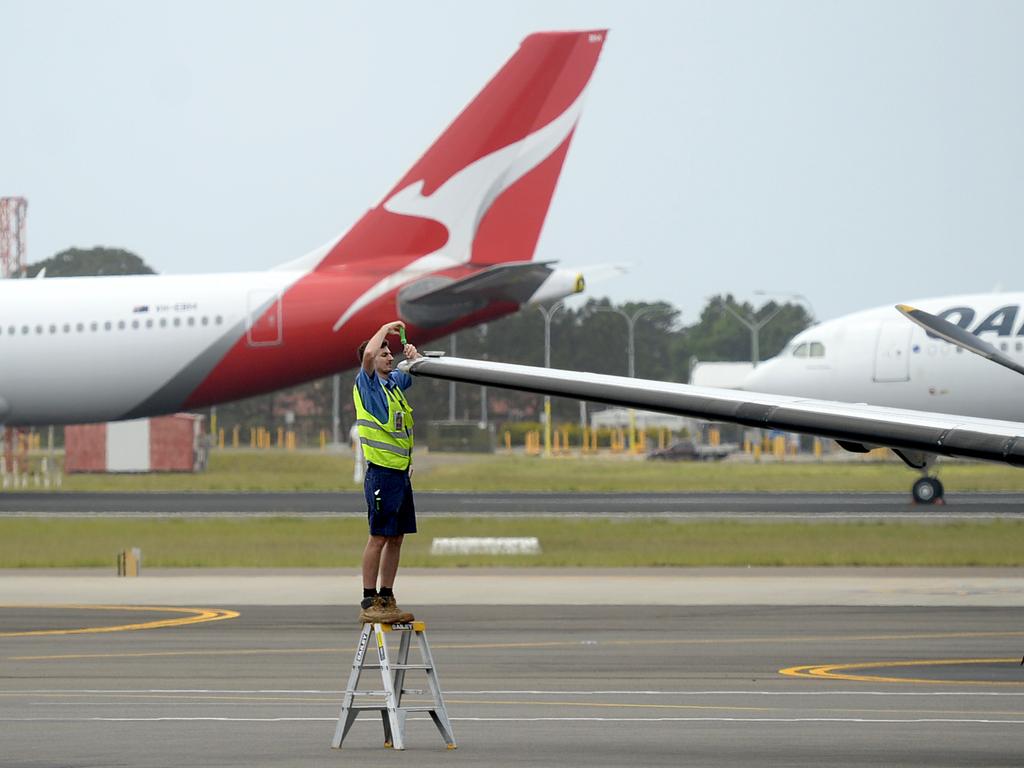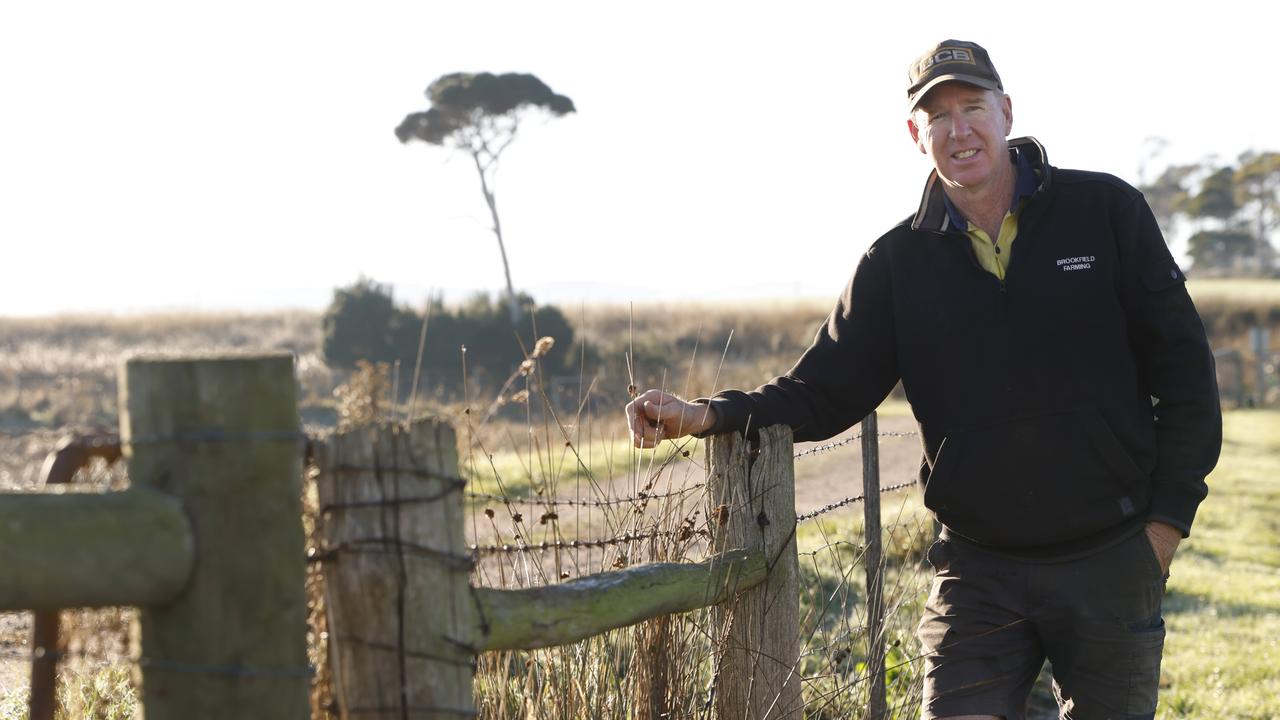Business wary of uncertain future
Businesses fear there will be reduced demand for their goods and services into next year despite a partial economic recovery from COVID-19.

Businesses fear there will be reduced demand for their goods and services into next year despite a partial economic recovery from COVID-19, with few planning to invest in the short-term.
Australian Industry Group’s business outlook for 2020 and 2021, compiled from 1900 business reports between March and November, found 84 per cent of firms continued experiencing negative impacts because of the coronavirus pandemic.
The worst impacts were from reduced consumer demand (reported by 43 per cent of businesses), activity restrictions (22 per cent), disruptions to supply (9 per cent), reduced productivity (7 per cent) and increased costs (5 per cent).
Just 22 per cent of businesses expected to invest between November and January, citing tax incentives, government support measures and customer demand as the primary reasons for being able to do so.
Ai Group chief executive Innes Willox said while businesses were picking themselves up and bringing employees back to work, many still worried they were experiencing a mere bounce rather than an onset of self-sustaining momentum.
“The notion that COVID and its impacts will magically disappear when the calendar clicks over to 2021 is a fallacy,” he said.
“We are going to have to work harder than ever on rebuilding and regenerating our economy at a time of continued intense domestic pressure and increased global uncertainty and volatility.
“The next couple of months will be critical in signalling whether higher household confidence translates into enough additional spending to convince businesses to continue to lift employment and to commit to additional investment.”
Mr Willox cautioned that the federal government should have fiscal reinforcements ready if private sector demand did not accelerate. The government’s JobKeeper wage subsidy, which helped more than 3.6m employees between March and September, is due to end in March, as is the boosted JobSeeker payment for welfare recipients.
Drawing on OECD expectations of the coronavirus economic fallout in Australia, Mr Willox said the major risks to the economy was the Coalition withdrawing financial support from business and employment too early and the worsening trade tensions with China. “State and territory governments will need to get their infrastructure pipelines flowing,” he said.
The OECD also identified international border closures and traveller caution from international students and overseas tourists as an immediate risk to the economy next year.
An overwhelming majority of businesses said they would keep in place some COVID-inspired measures they had introduced.
“The measures that businesses plan to keep in 2021 are mainly aimed at maintaining or improving their communications with customers, staff and suppliers and/or COVID-19 safety and hygiene measures as part of their ‘COVID-safe’ business plans,” the Ai Group outlook says.
Businesses reported frustration in not being able to access clients and said reduced hours for workers meant they were unable to deliver on time to meet customers’ expectations. Border closures affected the mental health of employees, and an inability to travel between states increased costs and delayed projects.








To join the conversation, please log in. Don't have an account? Register
Join the conversation, you are commenting as Logout